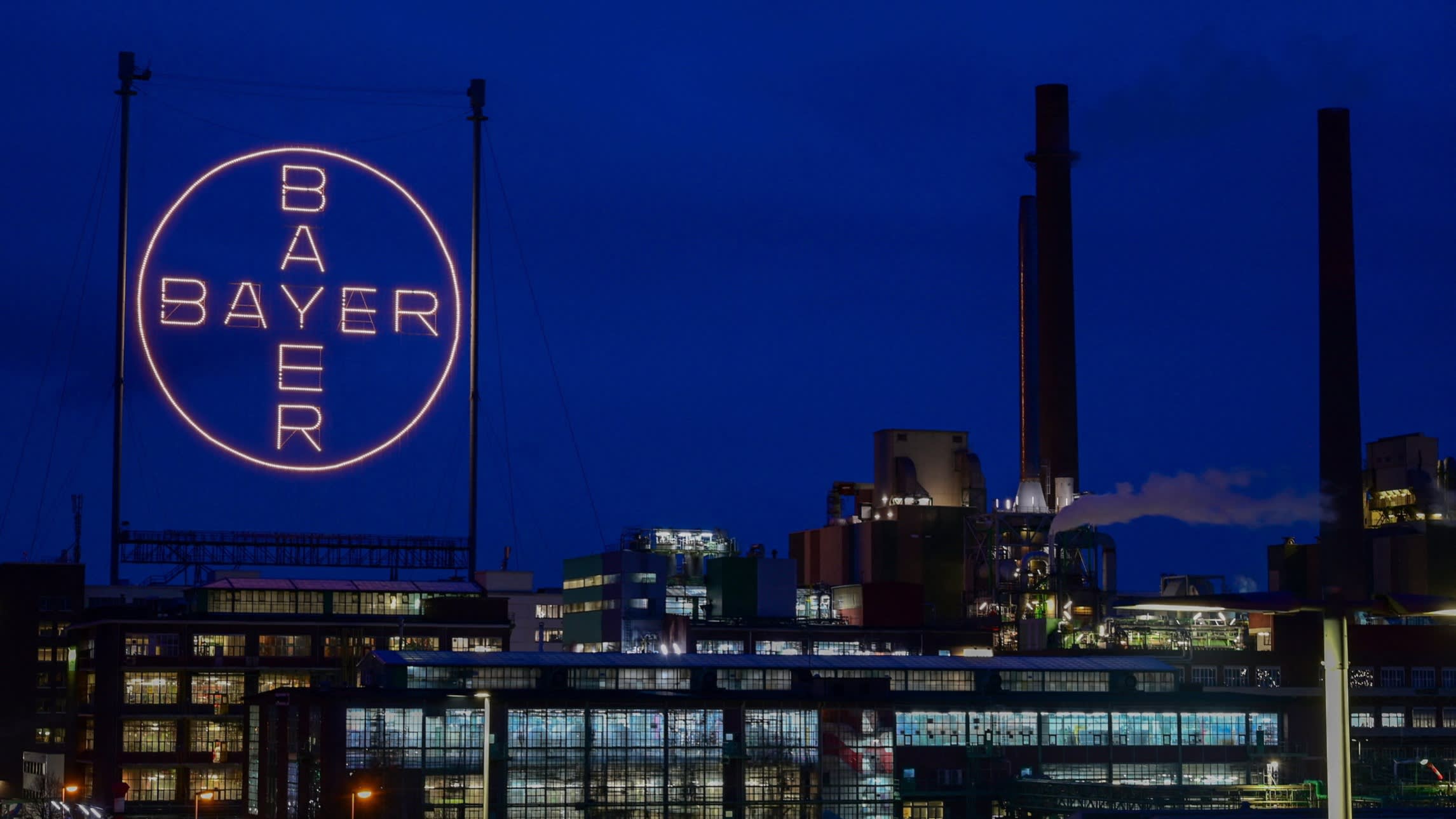
Unlock the Editor’s Digest for free
Roula Khalaf, Editor of the FT, selects her favourite stories in this weekly newsletter.
Bayer has cut more than one in 10 jobs since the launch of a sweeping restructuring programme aimed at streamlining decision-making and reducing layers of management.
The German group said in its quarterly results on Wednesday that total headcount had fallen from 101,200 to 89,600 full-time equivalents since the beginning of last year, when chief executive Bill Anderson embarked on the overhaul. The reduction reflects significant cuts to managerial and administrative roles across Bayer’s global operations.
Anderson said he expected “additional reductions in headcount over the coming 18 months or so”, but declined to set a definitive target.
Bayer raised its full-year earnings guidance after reporting better-than- expected demand for several pharmaceutical products in the second quarter, including its blockbuster blood thinner Xarelto and ophthalmology treatment Eylea.
However, Bayer’s crop protection division continues to suffer from falling prices for glyphosate-based herbicides and fungicides, against a background of increased generic competition and weakening market demand. The unit also absorbed fresh litigation costs related to legacy Monsanto products.
Shares fell more than 5 per cent in afternoon trading on Wednesday but are up more than a third this year.
Bayer said it had set aside €6.3bn in provisions to cover litigation related to glyphosate after reaching a new settlement in the US and adding €1.2bn to cover additional legal risks.
Despite the settlements, some 61,000 claims remain outstanding from plaintiffs alleging the weedkiller caused their cancer — a charge Bayer continues to reject, citing regulatory approvals in both the EU and US.
Anderson, whose contract was extended to 2029 last month, reiterated that Bayer expected a decision from the US Supreme Court in 2026, but said the company was also weighing alternative outcomes. “Everything remains on the table,” he said, including a possible exit from glyphosate production.
In an unusual lift to operating profit, Bayer benefited from strong transfer revenues at its wholly-owned football club Bayer Leverkusen. The sale of star midfielder Florian Wirtz to Liverpool FC was among the transactions that helped offset increased costs for staff incentive programmes and adverse currency effects.



